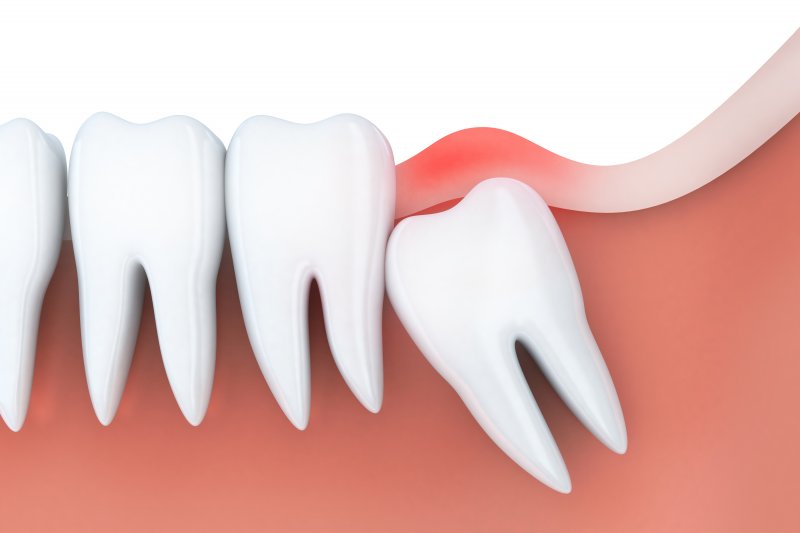
Wisdom tooth extractions are extremely common; every year, 5 million people have their wisdom teeth removed. But even routine procedures carry some level of risk. An improper extraction could lead to infection, cavitation (a hole in the jaw surrounded by decaying tissue), and permanent numbness in your lips and tongue due to nerve damage. Is a wisdom tooth extraction worth these potential complications? Here’s what you need to know before committing to the surgery.
Why are Wisdom Teeth Extracted?
The wisdom teeth erupt long after your other teeth have emerged. As a result, there’s often not enough space for them. This can lead to all sorts of issues, including:
- Impaction: The wisdom teeth may only partially erupt, or it might never break through the gum tissue at all because another tooth is blocking it. Impacted wisdom teeth are very painful and could damage the roots of your other teeth.
- Crowding: Your wisdom teeth might push your other teeth, causing them to crowd together. Crowded teeth are harder to brush, and they contribute to bite problems that lead to jaw pain and other issues.
- Oral Hygiene: Because your wisdom teeth are so far back in your mouth, it can be hard to reach them with a toothbrush or dental floss. If you can’t clean them properly, they could start to decay, or you could develop gum disease.
Wisdom teeth are normally removed in order to avoid these long-term complications.
Do Wisdom Teeth Always Need to Be Removed?
Despite how often they can cause problems, there are several situations where it’s safe to keep your wisdom teeth. Generally, if they can erupt without disturbing the rest of your pearly whites and can be cleaned effectively, there’s no need for a removal and therefore no need to risk potential surgical complications.
How Do You Know If You Need an Extraction?
So is extraction really necessary? To answer that question, you should schedule a consultation with your dentist; they can examine your mouth and gather information about your oral health before making a recommendation. Ideally, extraction should be considered between the ages of 17 and 25 (which is when the wisdom teeth come in), but the procedure can be performed later in life if need be. In general, removing your wisdom teeth is necessary if:
- They have already become impacted.
- They are damaging nearby teeth and bone.
- They have already caused a gum infection, severe tooth decay, abscesses, cysts, or tumors.
If you do end up needing an extraction, remember that it’s a common surgery and is usually safe when performed by a skilled dentist or oral surgeon. Don’t be afraid of having your wisdom teeth checked; ask as many questions as possible so that you can analyze the risks and benefits of removal and make a decision that promotes a healthy smile.
About the Author
Dr. John White was born and raised in Asheville and is happy to say he was fortunate enough to open a dental practice in his hometown. Having built an expertise in extractions during a residency program at Wake Forest University’s Baptist Hospital and Bowman Gray School of Medicine, he has plenty of experience in monitoring wisdom teeth and removing them when necessary. To schedule an appointment, visit his website or call (828) 684-3020.
